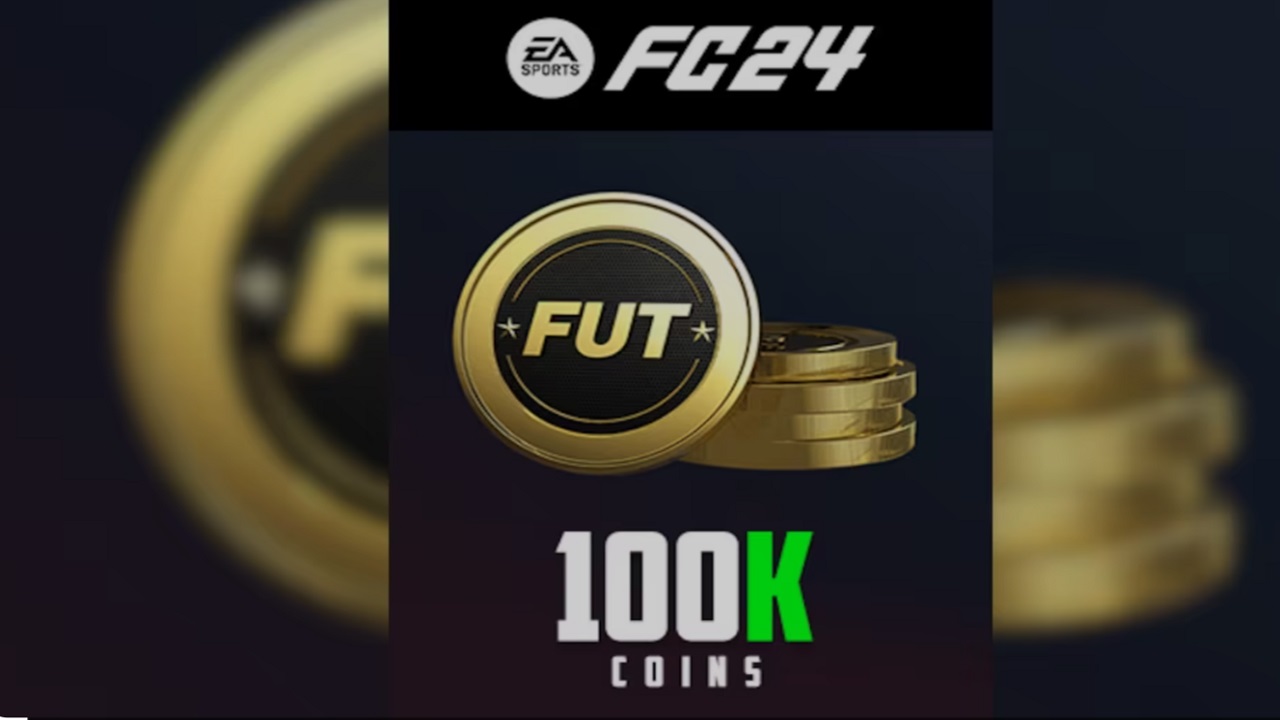The FIFA Ultimate Team (FUT) coin trading has developed as a notable part of the gaming economy in the FIFA community. This one is the most common practice which is made up of coins buying, selling, and exchange between players mostly on the internet marketplaces and platforms. The influence of FUT coin trading is not limited to individual exchanges only but also affects the in-game economy and ultimately the gameplay experience for the players. Efforts to combat illicit coin trading not only aim to preserve the integrity of the gaming economy but also create a more equitable environment where players can earn and utilize free fut coins through legitimate gameplay and participation.
What is FUT Coin Trading?
The term 'FUT coin trading' denotes the process of buying and selling FIFA Coins within the FUT environment. Players make the coins to get in-game currency to use for different reasons, among them, buying players, consumables, and packs. When coin trading is conducted within the game's rules and regulations, it can be considered a legitimate activity, however, there are also types of unlawful activities like coin farming and selling, which can distort the gaming economy.
Inflation and Market Dynamics
The FUT coin trading has one clear influence on the inflation rate and the game market dynamics. Too much introduction of coins in the market through trading has inflationary results, which makes the price of players and items go up quickly. This inflationary cycle may give casual players a hard time buying top-tier players and may cause an unbalanced gaming experience for players who have the coins and players who don't.
Disruption of Fair Play
Unfair trading in the FUT market, including buying coins from third-party sellers, can disrupt the fairness of the game and give an advantage to some players over others. Those who are willing to spend money to buy coins outside the game's official rules get an unjustified advantage by making strong teams without the trouble or talent required to earn coins through typical gameplay. This may, therefore, lead to discontent and dissatisfaction among players who are striving to participate in fair competition.
Impact on Game Development
The spread of a coin trading culture as well as the evolution of the FIFA franchise could also be influenced by the popularity of coin trading. Instead of spending their efforts on improving the gameplay features or responding to the players’ feedback, the developers may have to deal with the issues of game coin farming and unauthorized coin selling. This can mean that the resources are diverted to this game, which in turn will affect the quality and innovation of all future FIFA titles.
Regulation and Enforcement
In order to neutralize the negative effect of trading digital coins, game developers like EA Sports have introduced tougher regulations and enforcement systems. This may be done through observing player activities, setting transaction limits, and punishing accounts associated with unauthorized coin trades. In spite of these measures, which are taken to ensure a balanced economy, they also bring to the fore the challenges that are posed by illegal currency trading.
Conclusion:
Therefore, FIFA Ultimate Team coin trading has a significant impact on both the in-game economy and the experience of the players. Legitimate coin trading provides players with the possibility for gaining resources and building competitive teams but some illicit coin trading practices can be detrimental to fair play, price fluctuations, and game development. We believe that regulatory and enforcement mechanisms should be in place to ensure a good gaming atmosphere and to provide a fair and enjoyable experience for all FUT players.


